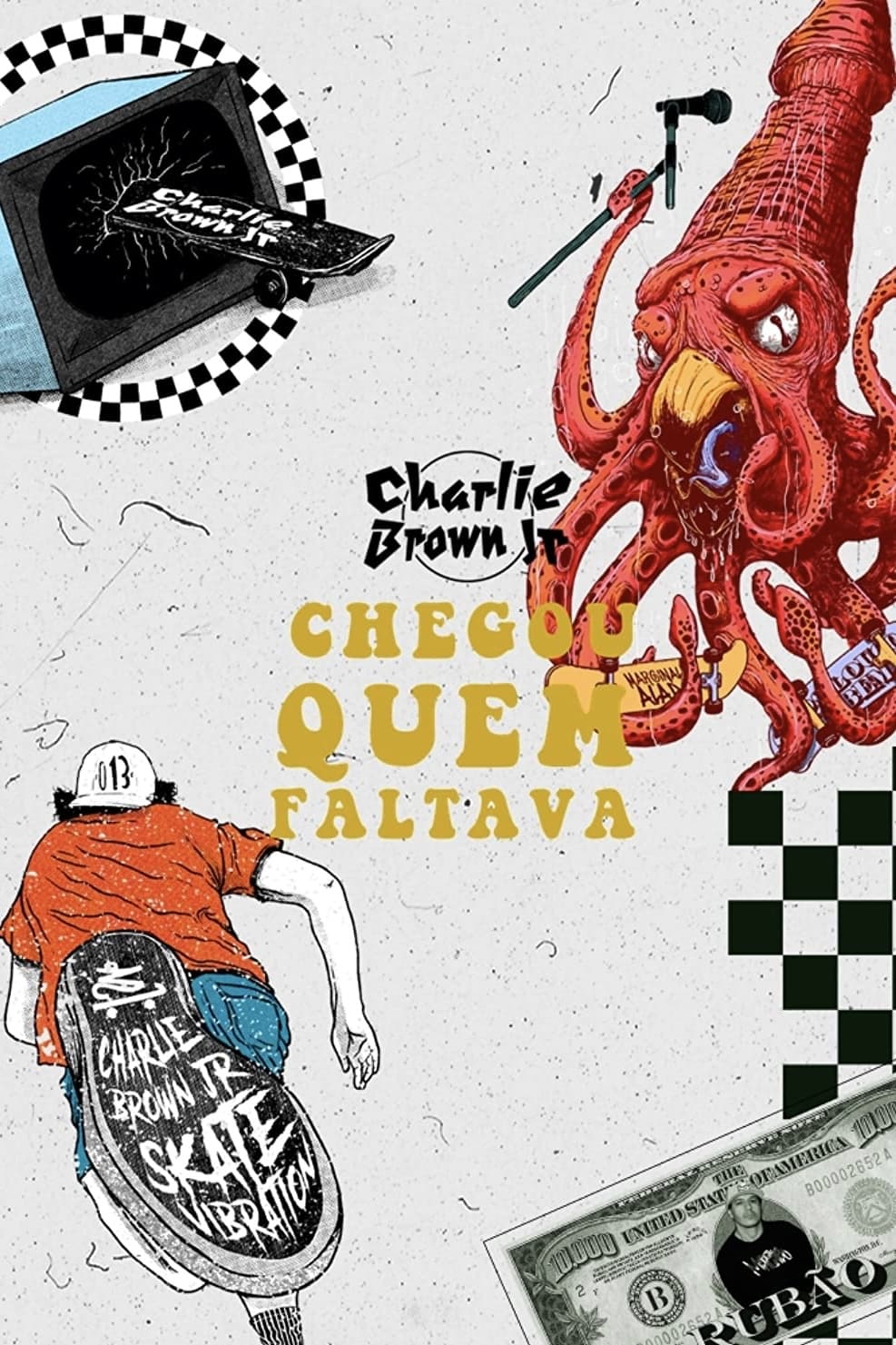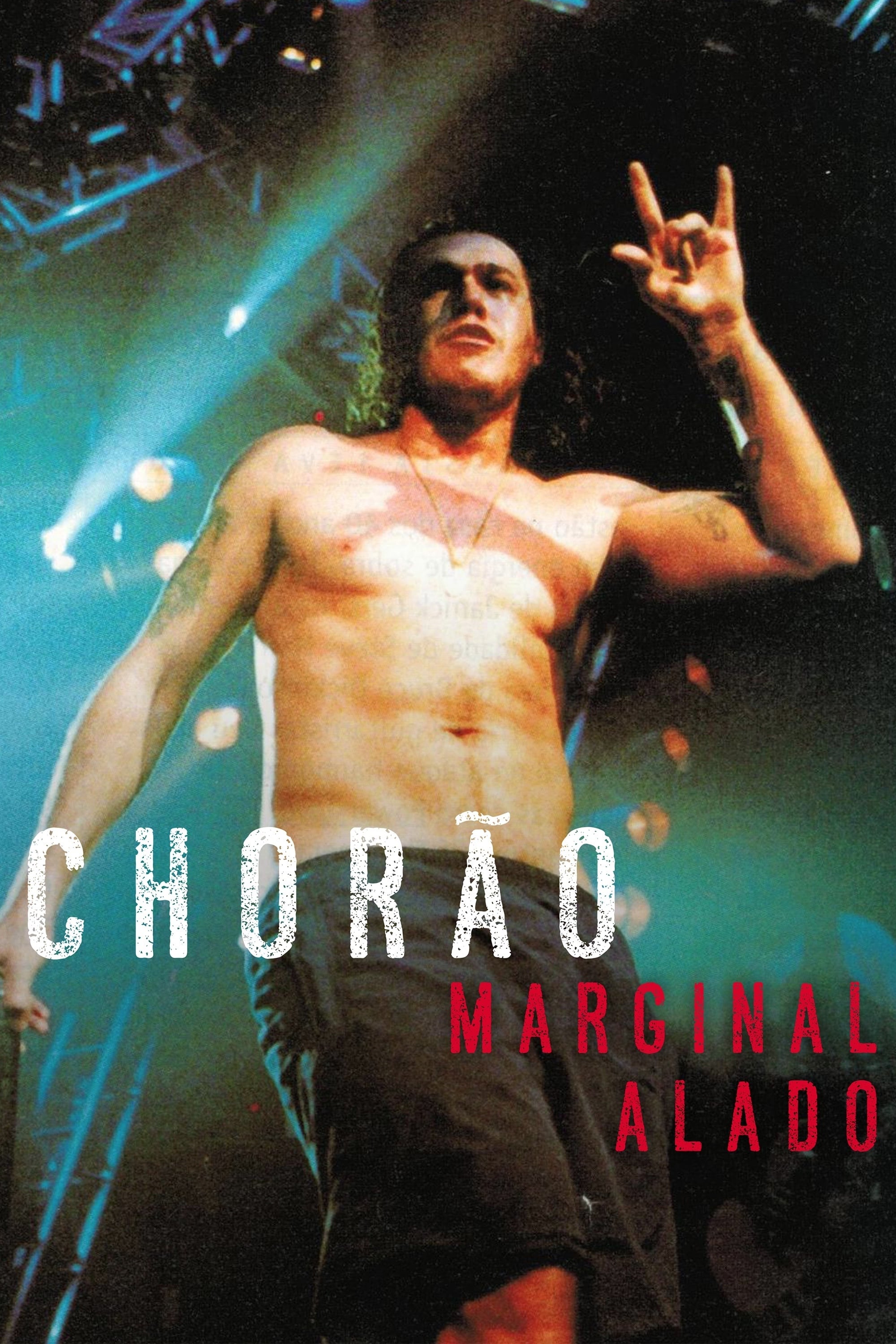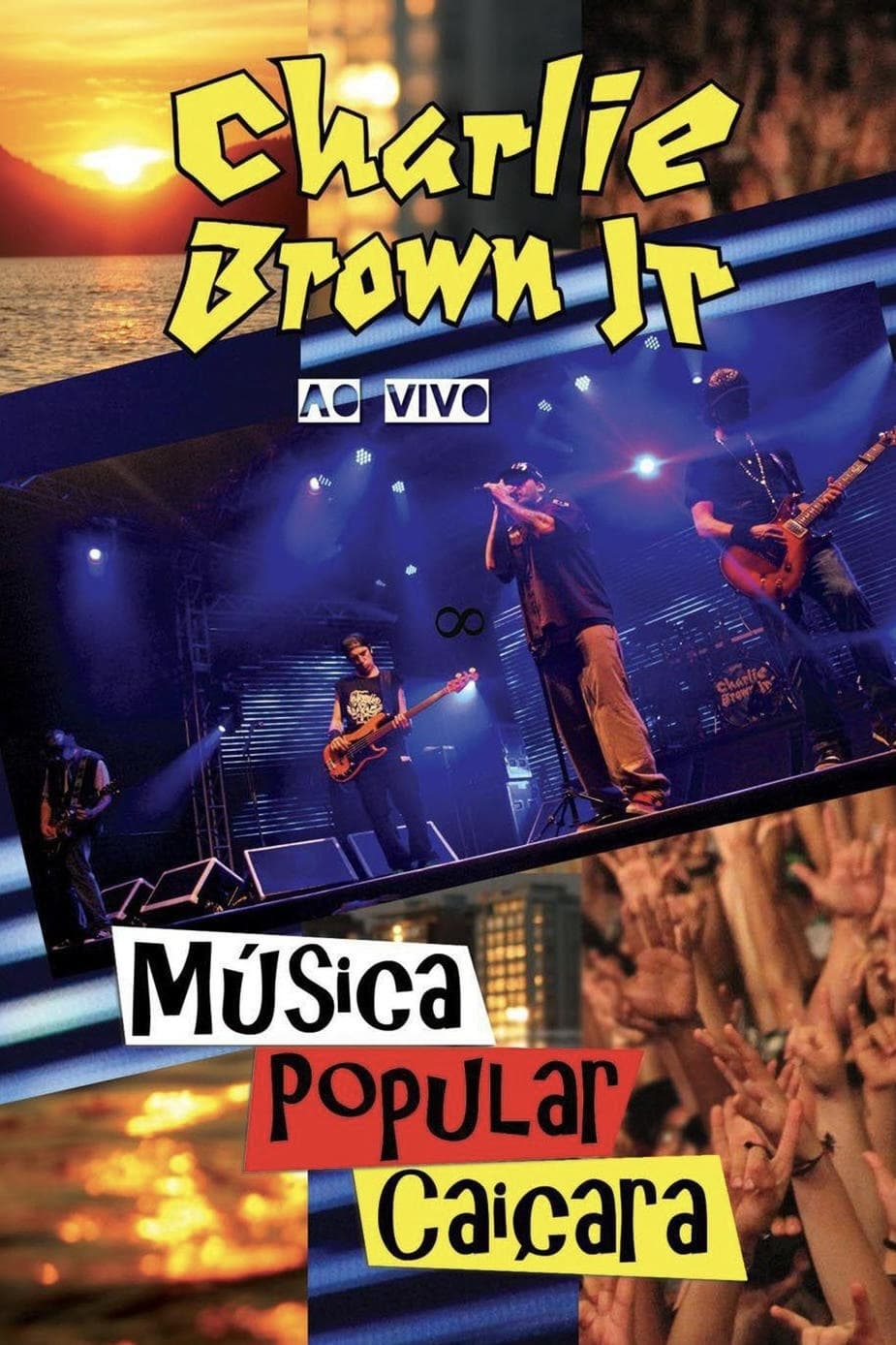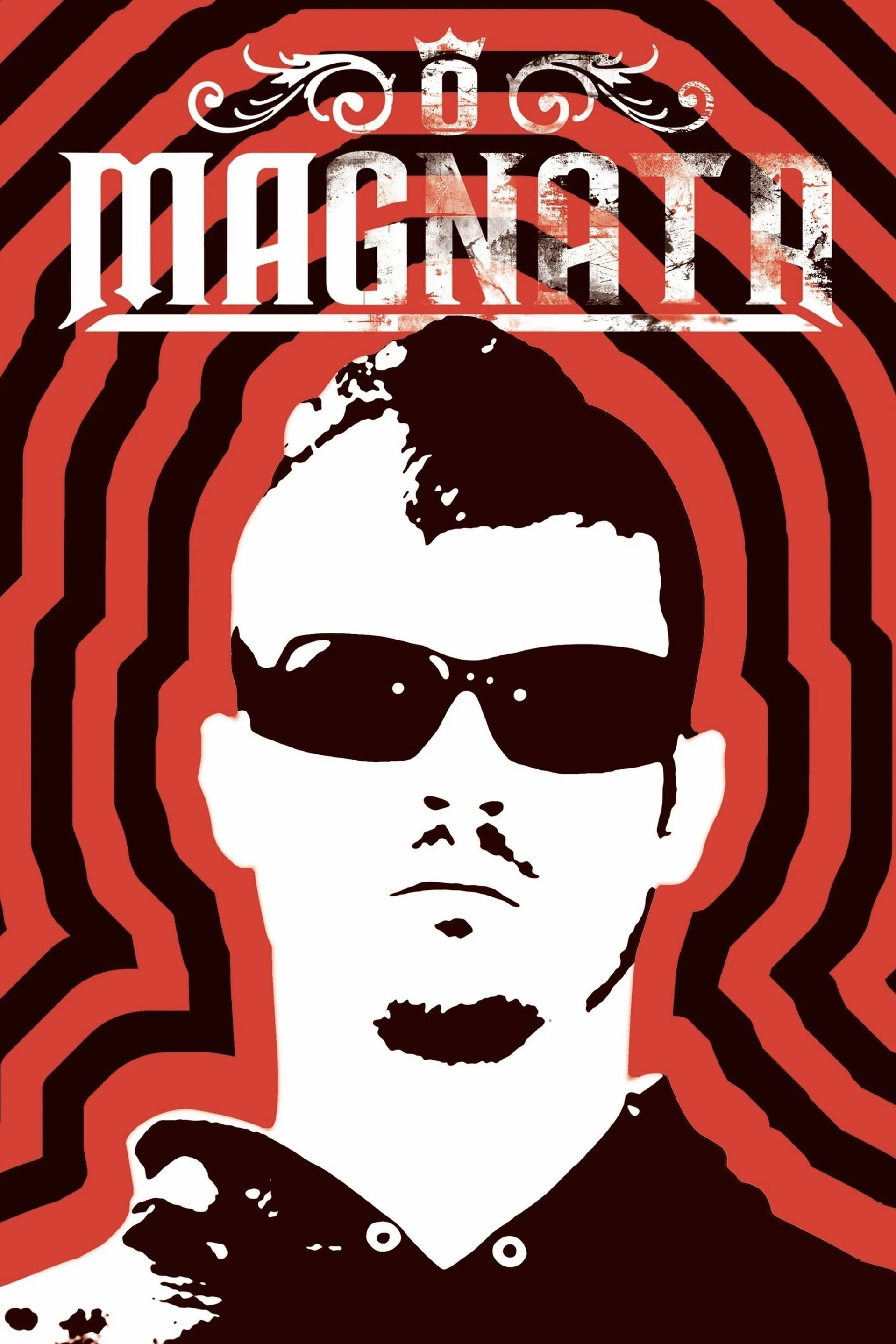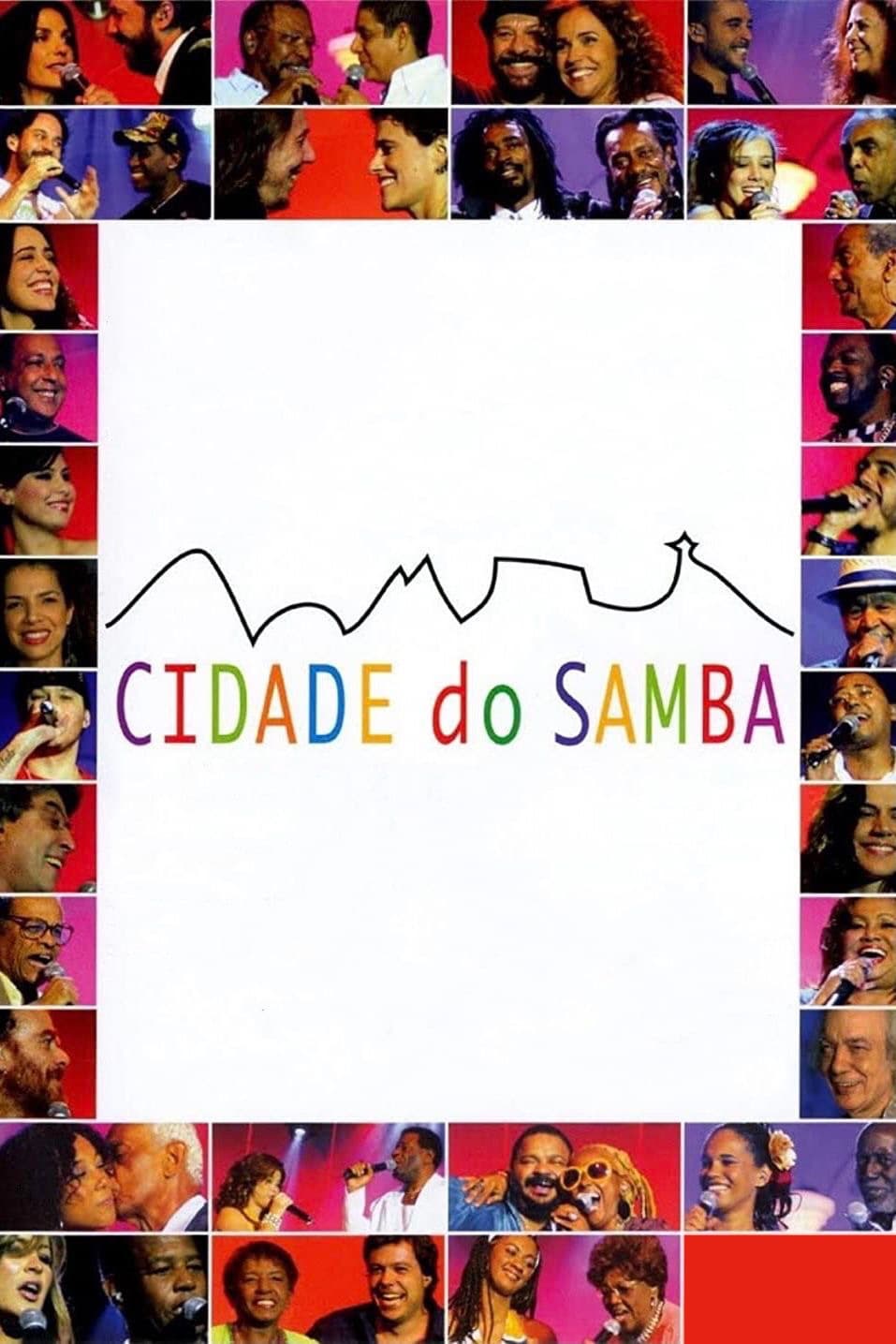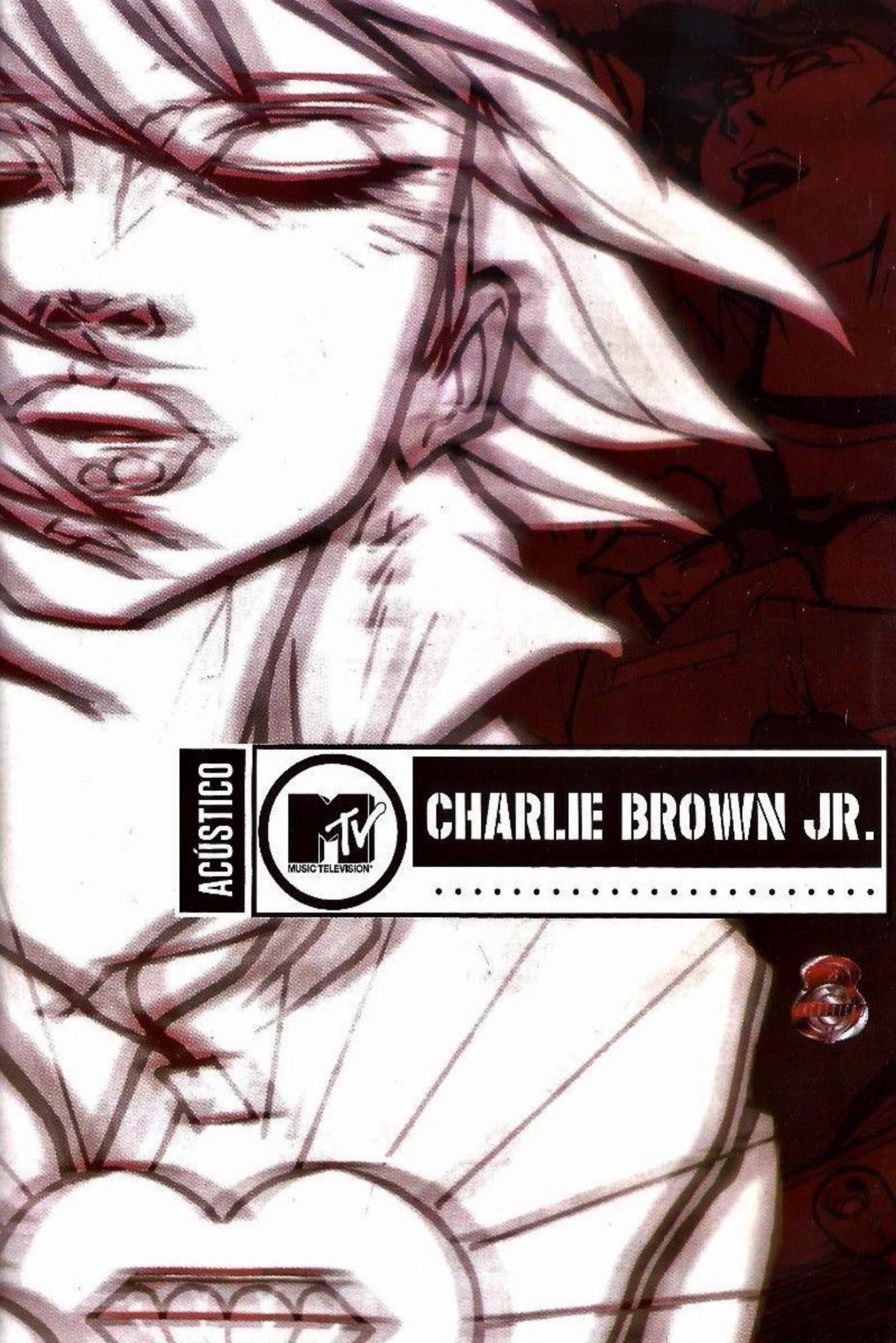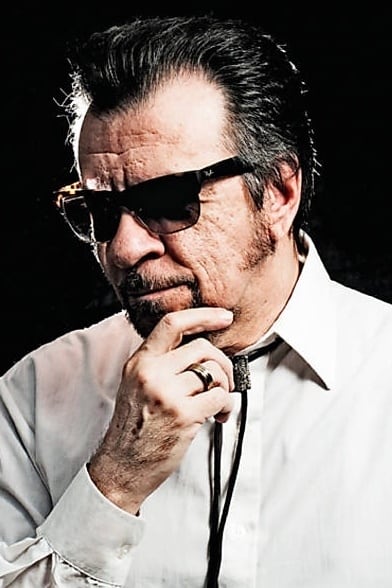Biography
Alexandre Magno Abrão (9 April 1970 – 6 March 2013), known professionally as Chorão, was a Brazilian singer-songwriter, skateboarder, filmmaker, screenwriter and businessman. Best known for being a founding member and the vocalist/main lyricist of the influential alternative rock band Charlie Brown Jr., Folha de S.Paulo critic André Barcinski considered him "the nearest thing to a punk hero Brazilian mainstream music ever had", and Eduardo Tristão Girão of Portal Uai called him "the bad boy of Brazilian rock" and "the spokesman of the youth of the 1990s". Having been born and raised for most of his childhood in São Paulo, Chorão was the only Charlie Brown Jr. member not to be a Santos native, and its only founding member to remain consistently in all of the group's line-ups. Alexandre Magno Abrão was born in the district of Tremembé in the Northeast Zone of São Paulo on April 9, 1970. He also had a brother, Ricardo; a sister, Tânia, who died of a stroke in 2015 aged 55; and was cousin of journalist and television presenter Sonia Abrão. He experienced an unhappy childhood; his parents, Nilda and Geraldo Abrão, divorced when he was 11 years old, and he dropped out of school in the seventh grade as he couldn't afford the tuition fees and due to his unruly behavior. Prior to beginning his musical career he worked as a delivery boy for his mother, a cook, until she suffered the first in a series of debilitating strokes in 1984, and briefly as a realtor alongside his father, who would die of cancer in 2001. Many times while trying to live on his own he was frequently evicted and had his possessions confiscated due to the non-payment of rent (an experience which would later inspire the Charlie Brown Jr. song "Confisco"). Eventually taking skateboarding as a pastime, he received the nickname "Chorão" (roughly translated as "cry-baby") from his friends due to his emotionality. Around this time he would also develop his long-time cocaine addiction, which would plague him for the rest of his life.In 1987 his family moved to the coastal town of Santos, where he would form his first musical project, the hardcore punk/crossover thrash band What's Up, circa 1988; he was invited to be its vocalist after being spotted by a member of the audience at a bar while covering a Suicidal Tendencies song. What's Up underwent its first line-up change in 1990, when they were joined by then-12-year-old bassist Champignon, and then in 1992 when Marcão, Thiago Castanho and Renato Pelado were approached. However, Chorão thought the band was taking too long to make a breakthrough and decided to revamp it under a new name; he eventually settled on "Charlie Brown Jr.", explaining that "Charlie Brown" came to him after recalling a time when he crashed with his car into a coconut stand with a drawing of the eponymous character of Charles M. Schulz's comic strip Peanuts on it, and the "Jr." alluding to the fact that he considered his band to be "the children of rock", following the lead of other famous groups at the time such as Raimundos, Nação Zumbi, Planet Hemp and O Rappa. During its 21-year lifespan, Charlie Brown Jr. released ten studio albums and was nominated for seven Latin Grammy Awards, winning two; their success, though, was frequently overshadowed by controversies and clashes regarding Chorão and his bandmates, who often described him as a "domineering" person – constant creative divergences would culminate in the band's entire line-up departing following the release of their 2004 album Tamo Aí na Atividade. In 2007 he threatened to sue Marcão and Champignon after they performed in the United States under the "Charlie Brown Jr." name, as he was the one who held the rights of it. Both would return to the band in 2011, but Pelado and Chorão never made amends. In 2012, during a performance at Apucarana, Paraná, Chorão and Champignon got into an altercation and the latter was expelled from the band on stage. The following day, though, they reconciled.
Known for his brash, boorish personality, Chorão also got into many feuds with other musicians and brawls; in 2003 he insulted CPM 22 vocalist Badauí due to a "tongue-in-cheek" statement regarding him Badauí gave to a magazine. (In a later interview given after Chorão's death, the band would state the feud had ended after they talked to him privately.) The same year, he slapped a 17-year-old teenager in the face at a supermarket, claiming he overheard him "badmouthing" Charlie Brown Jr. In 2005 he got involved in a car crash which ended in four people getting wounded. In 2008 he was expelled from a Gol flight en route to Manaus, after refusing to switch off an electronic device and insulting those aboard the airplane. His most well-publicized feud, though, was with Los Hermanos vocalist Marcelo Camelo; in 2002 Chorão was invited to be a spokesman for a series of ads by Coca-Cola, leading many to criticize him (Camelo included) as a "sell-out". On July 4, 2004, he and Camelo met at an airport in Fortaleza; after an altercation, Chorão punched him in the face and broke his nose. He would later apologize, but Los Hermanos still launched two lawsuits against him. As of 2015, two years after Chorão's death and eleven after the incident, both were still pending.Outside music, Chorão wrote and co-produced the 2007 film O Magnata, which was directed by long-time collaborator Johnny Araújo and starred Paulo Vilhena, Milhem Cortaz, Rosanne Mulholland, Maria Luísa Mendonça, Chico Díaz, Priscila Sol, Marcos Mion and Marcelo Nova. Charlie Brown Jr.'s eighth album, Ritmo, Ritual e Responsa, was billed as the first part of its soundtrack; the band also cameos as itself on the film. Despite being a moderate box office success, O Magnata received reviews ranging from mixed to negative. By the time of his death Chorão was working on the script of a second film, entitled O Cobrador; it was originally announced for a 2016 release, with Cortaz and Vilhena returning for new roles, but since then no further announcements were given.
In 2005 Chorão inaugurated his own indoor skatepark and musical venue in Santos, Chorão Skate Park; Charlie Brown Jr.'s DVD Skate Vibration was recorded at its opening party. However, by the time of his death, it began to decline due to financial difficulties and the non-payment of debts. Despite a series of protests and petitions organized by fans, acquaintances and relatives of Chorão, former Charlie Brown Jr. members and Detonautas Roque Clube vocalist Tico Santa Cruz, it eventually closed down to the public in late 2013 and was demolished in early 2014.In 2009 he launched his own clothing brand for skateboarders, DO.CE.He also illustrated the cover art of Charlie Brown Jr.'s 1999 single "Zóio de Lula".
Filmography
all 6
Movies 6
self 5
Writer 1
Ratings
Information
Known ForActing
GenderMale
Birthday1970-04-09
Deathday2013-03-06 (42 years old)
Birth PlaceBrazil, Brazil
CitizenshipsBrazil
Also Known AsChorão
This article uses material from Wikipedia.
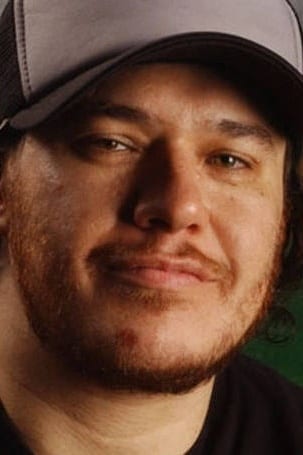 Alexandre Magno Abrão
Alexandre Magno Abrão- Filmography
- Information
- Related Persons
